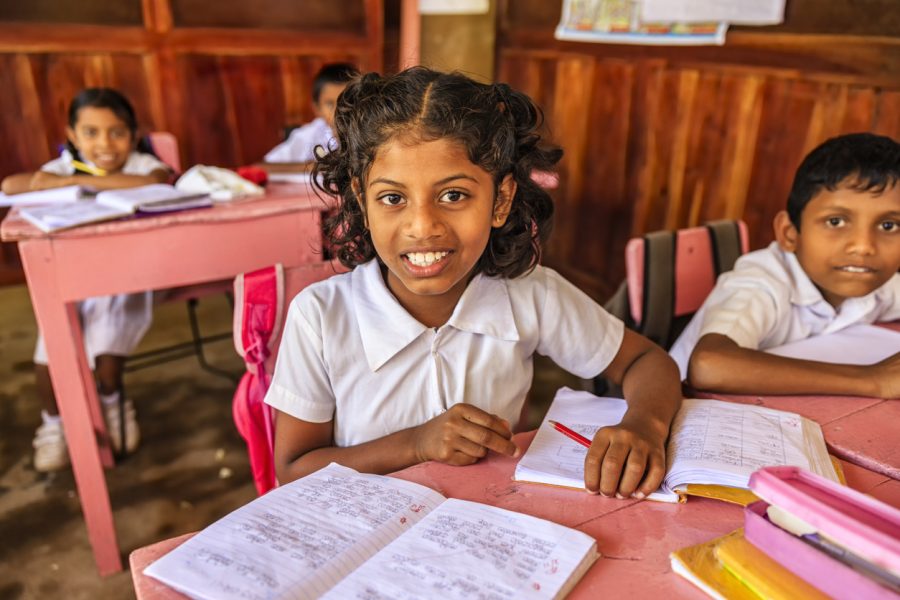
Welfare schemes vs corporate sops: DMK’s argument, in 9 points
The DMK has filed an application before the Supreme Court seeking to implead itself in the case against freebies filed by BJP leader Ashwini Upadhyay

Ever since Prime Minister Narendra Modi spoke against the revdi (freebie) culture, the subject has raged non-stop across the country. The AAP hit back at the accusations levelled against it for offering free electricity in Gujarat.
Tamil Nadu, where promises of cash, gold, TVs, mixers and grinders have become an inherent part of the electoral process, has also put forward vociferous arguments in support of welfare measures. These measures, it says, are being wrongly termed ‘freebies’.
“What is the justification for wanting to prevent welfare measures like food, education and travel subsidies for the poor and downtrodden but continuing to give large tax breaks for corporates?” – DMK
The DMK last week moved a plea in the Supreme Court stating that welfare schemes intended to ensure social order and economic justice cannot be called “freebies”. The party filed an application before the Supreme Court seeking to implead itself in the case against freebies filed by BJP leader Ashwini Upadhyay through a public interest litigation (PIL).
Upadhyay has filed a plea in the Supreme Court, seeking directions to file criminal cases against political parties for luring voters with freebies. In an earlier hearing of the plea, Chief Justice of India NV Ramana had observed that a distinction needs to be made between freebies announced by political parties and social welfare schemes of governments.
Also read: Freebies have costs, parties must make it clear to voters: RBI’s Ashima Goyal
The DMK, in a written submission before the Supreme Court, put forth an argument saying its ‘freebies’ are aimed at uplifting the downtrodden sections of society. On the other hand, the Centre has, over the past few years, handed out various sops to the corporate sector in the garb of supporting the industry, it added.
“What is the justification for wanting to prevent welfare measures like food, education and travel subsidies for the poor and downtrodden but continuing to give large tax breaks for corporates?” it asked.
The DMK’s main points of contention were:
- Corporate loan waivers. The Narendra Modi government, in its first three years (2014-17), wrote off Rs 72,000 crore loans of the Adani Group. In the last five years, Rs 9.92 lakh-crore loans were written off by banks, of which Rs 7.27 lakh-crore is the share of public sector banks alone. This constitutes freebies for corporates.
- Tax holidays. The court should consider the Centre’s tax holidays for foreign companies, waiver of bad loans of influential industrialists, and granting crucial contracts to ‘favoured’ conglomerates while deciding the case against freebies.
- Resultant consequences. The court cannot have a restrictive approach for classifying any scheme or act by the Union or state legislature to be a ‘freebie’ without considering the magnitude of resultant consequences and social welfare at both micro and macro levels.
- Federal rights. A straitjacket formula cannot be applied to decide what scheme could be termed a freebie, since Schedule VII of the Constitution distributes different subject matters to the Centre and states. The states are empowered to promulgate welfare schemes on matters relating to concurrent and state lists. The term freebies cannot be interpreted in a way that interferes with the state’s competence under Schedule VII.
- Social, economic justice. A welfare scheme providing a free service is introduced to secure social order and economic justice under Article 38 to minimise inequalities in income, status, facilities and opportunities. They cannot be imputed to be luxuries.
- Cascading effect. A welfare scheme can have a wider reach and multiple intentions behind its introduction. The cascading effect arising from it cannot be defined in a restrictive meaning as a freebie.
- No financial blow. Tamil Nadu, down the decades has rolled out welfare measures such as midday meal, Rs 2.5 lakh assistance for widow remarriage, free electricity to the agricultural sector, Rs 5,000 assistance to marriage of girls educated up to Class 8, free healthcare in government hospitals, and Rs 1,000 per month for girls joining diploma or graduation course. These measures have not made Tamil Nadu a poor state.
- Top performer. Welfare schemes have contributed to Tamil Nadu’s development and addressed issues of income inequality. They have been instrumental in propelling TN among the top three states in terms of GDP and industrialisation. Eighteen of the top 100 education institutions are located in the state.
- Uplifting the weak. The weakest section of the society only stands to benefit from such economic welfare schemes labelled as “freebies”.

